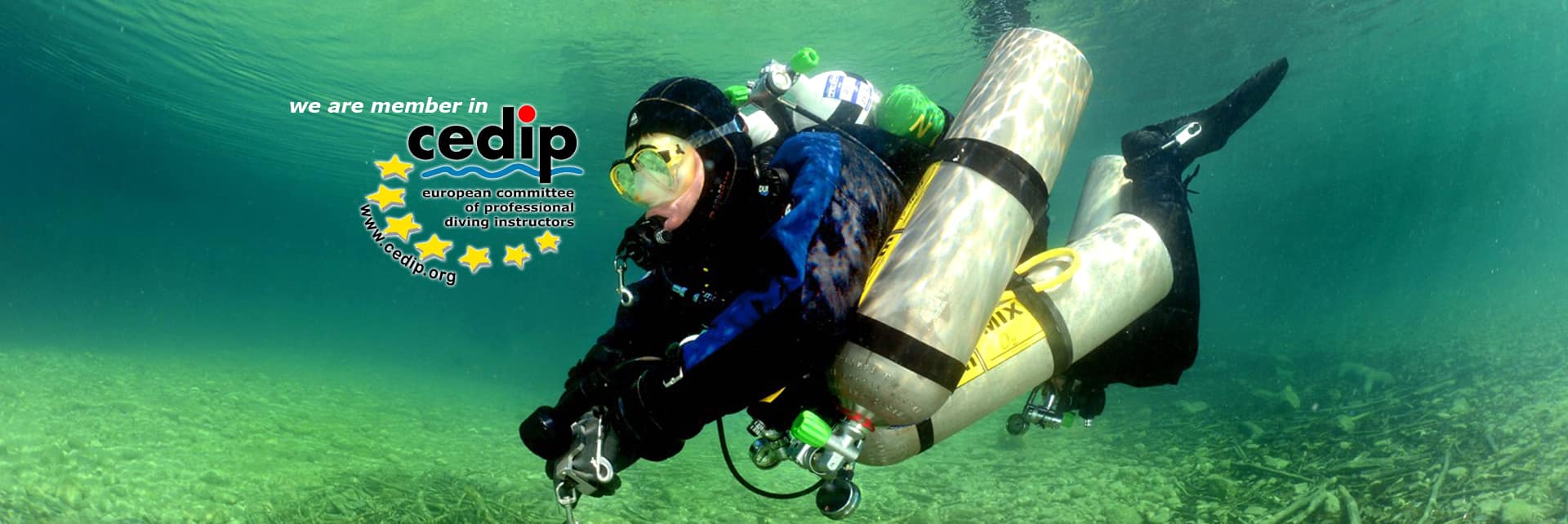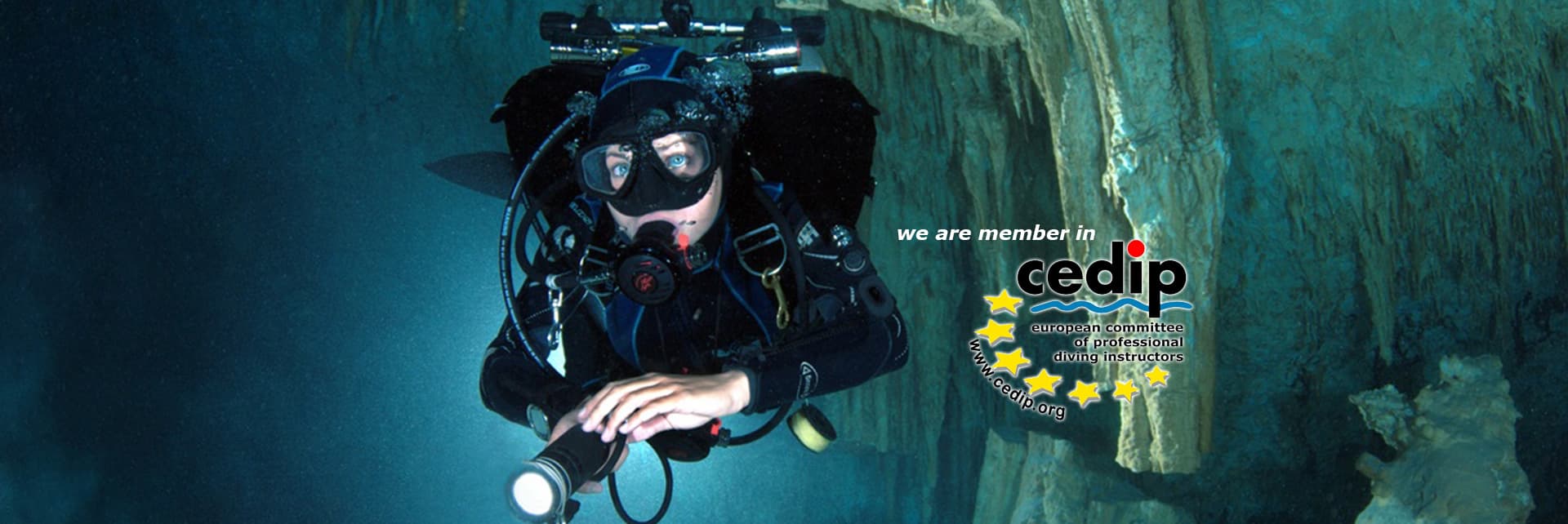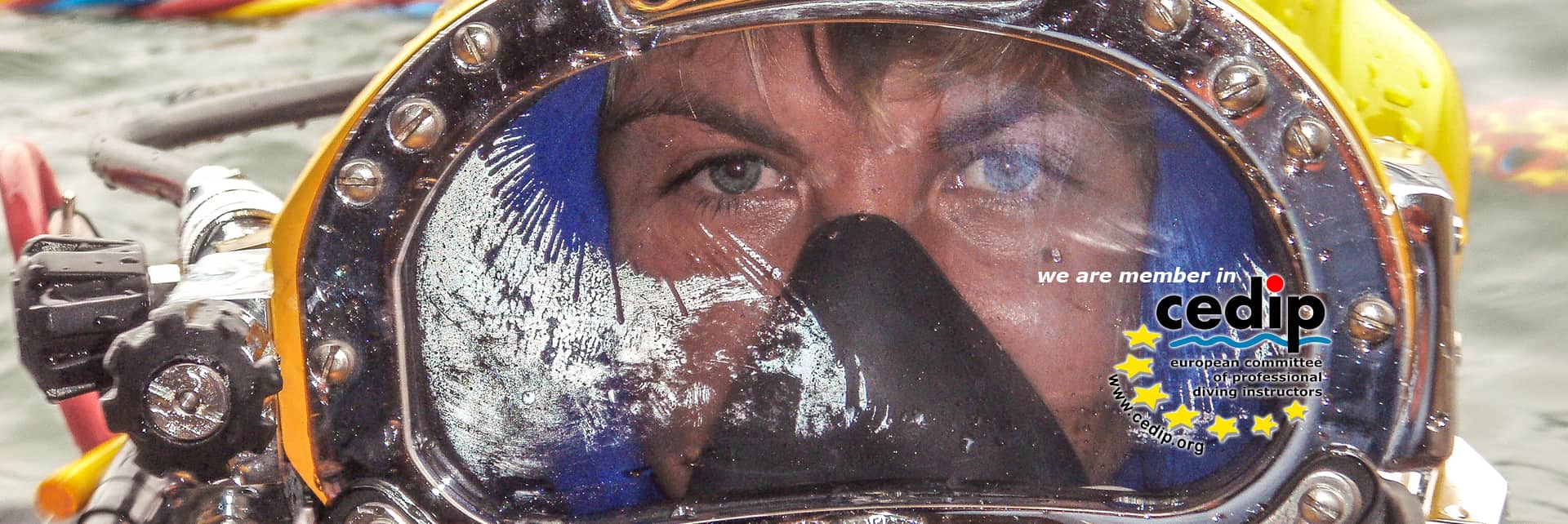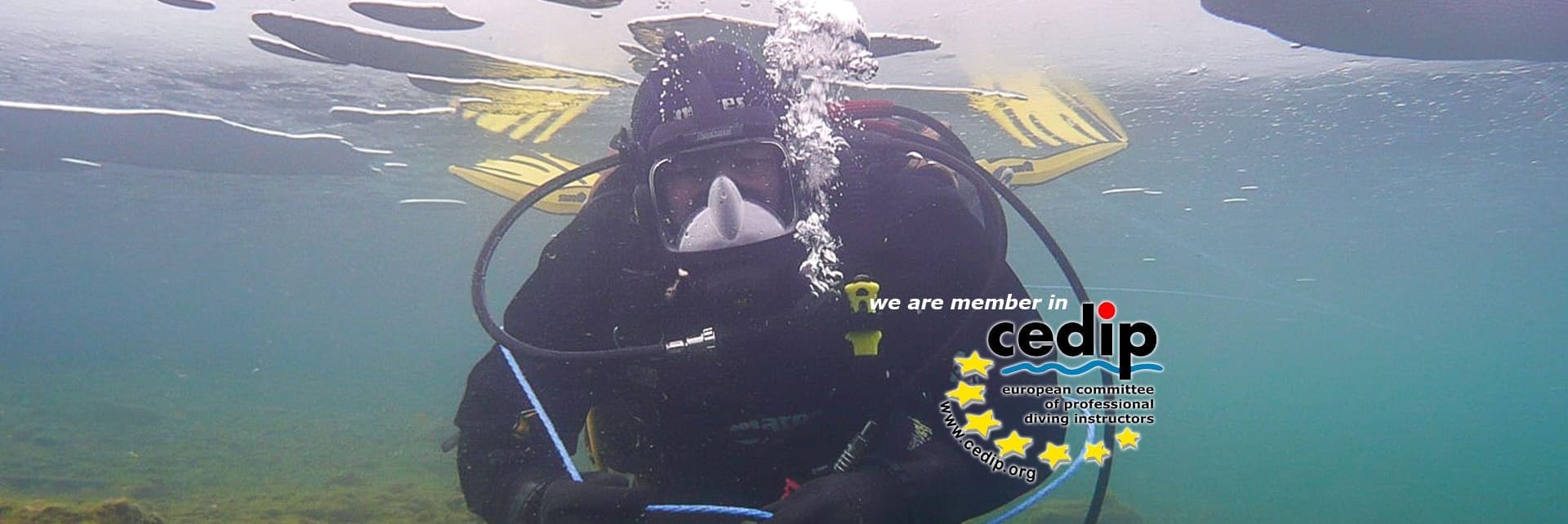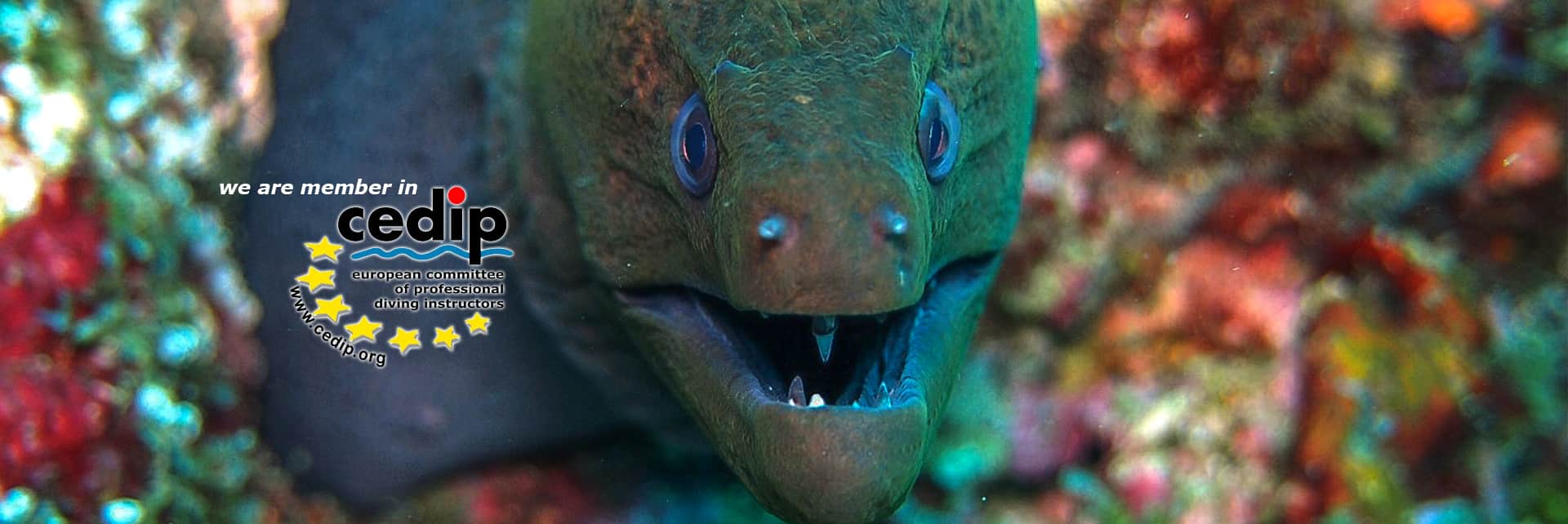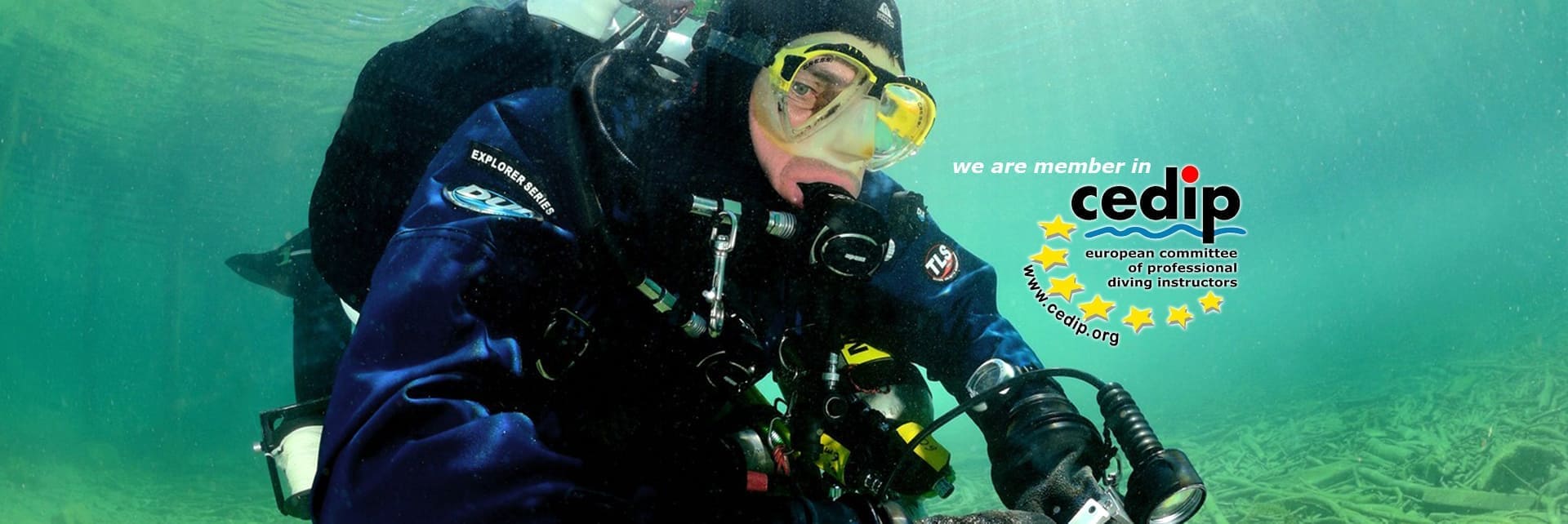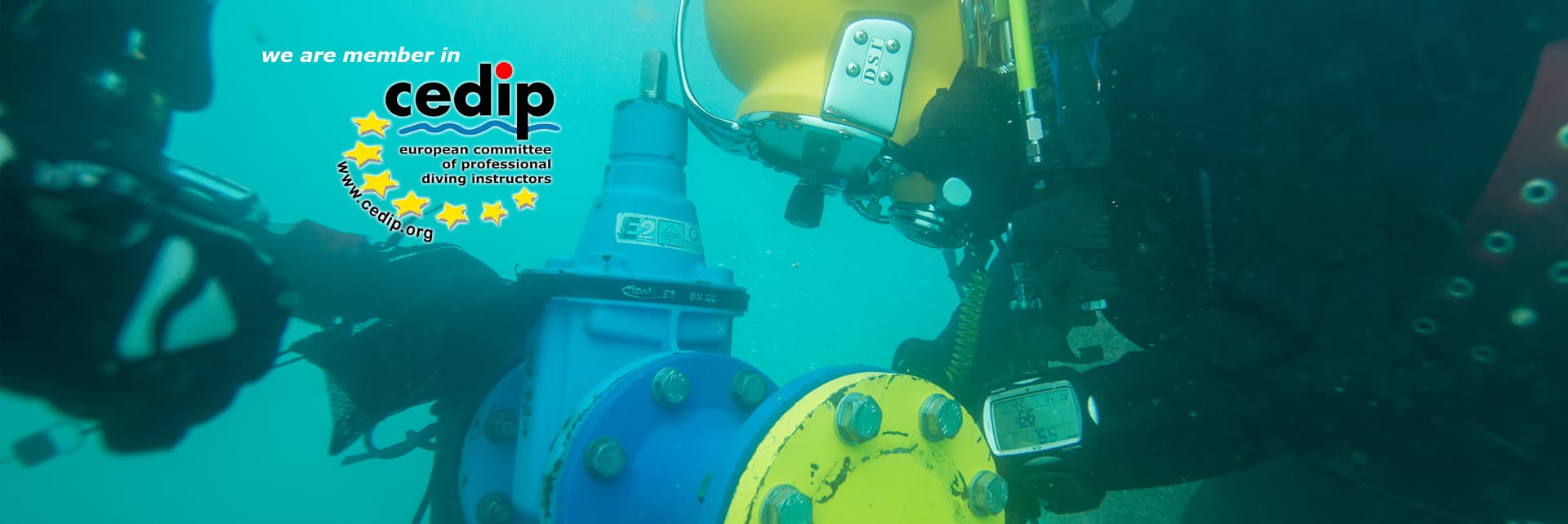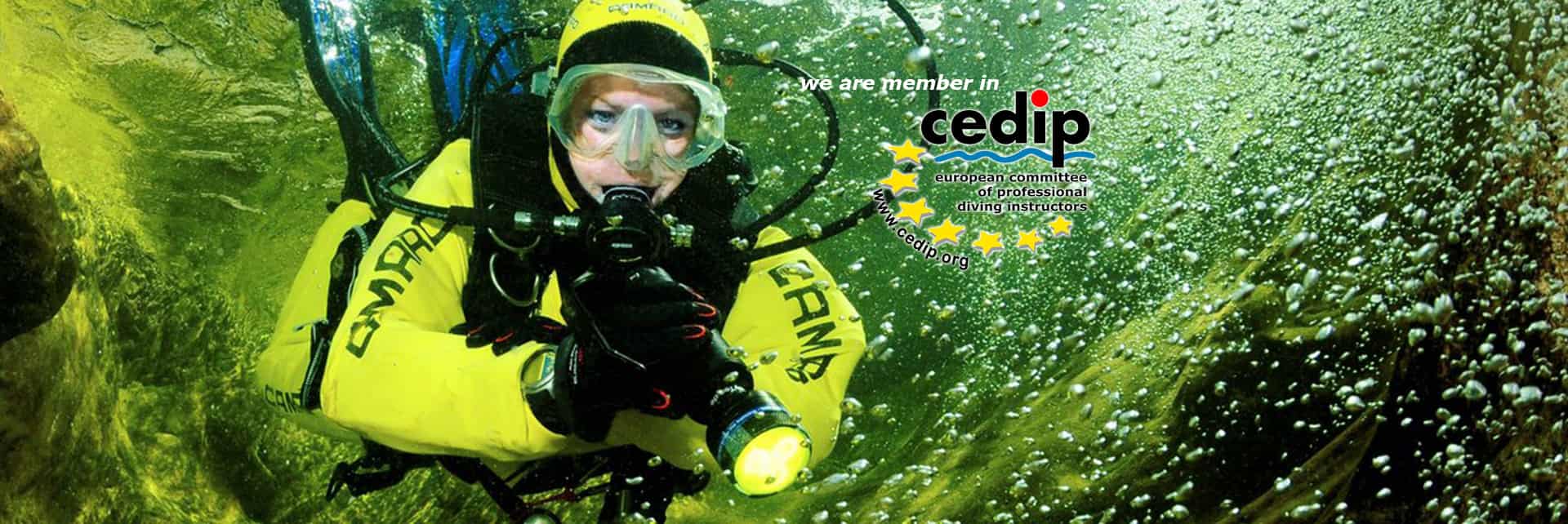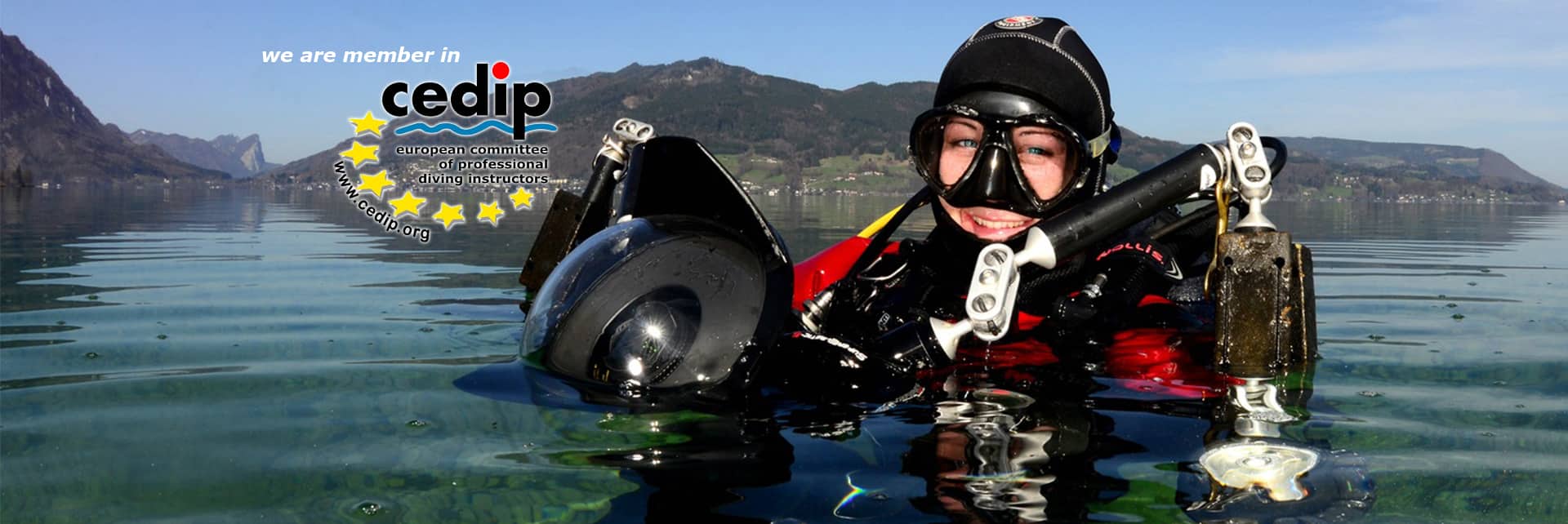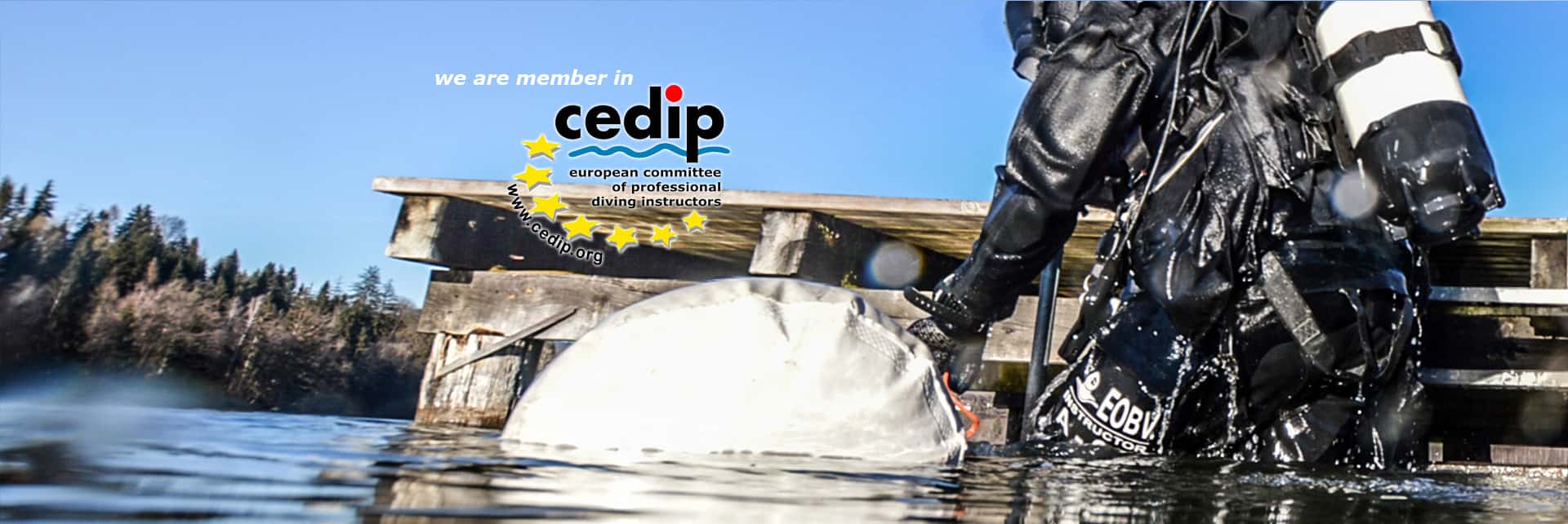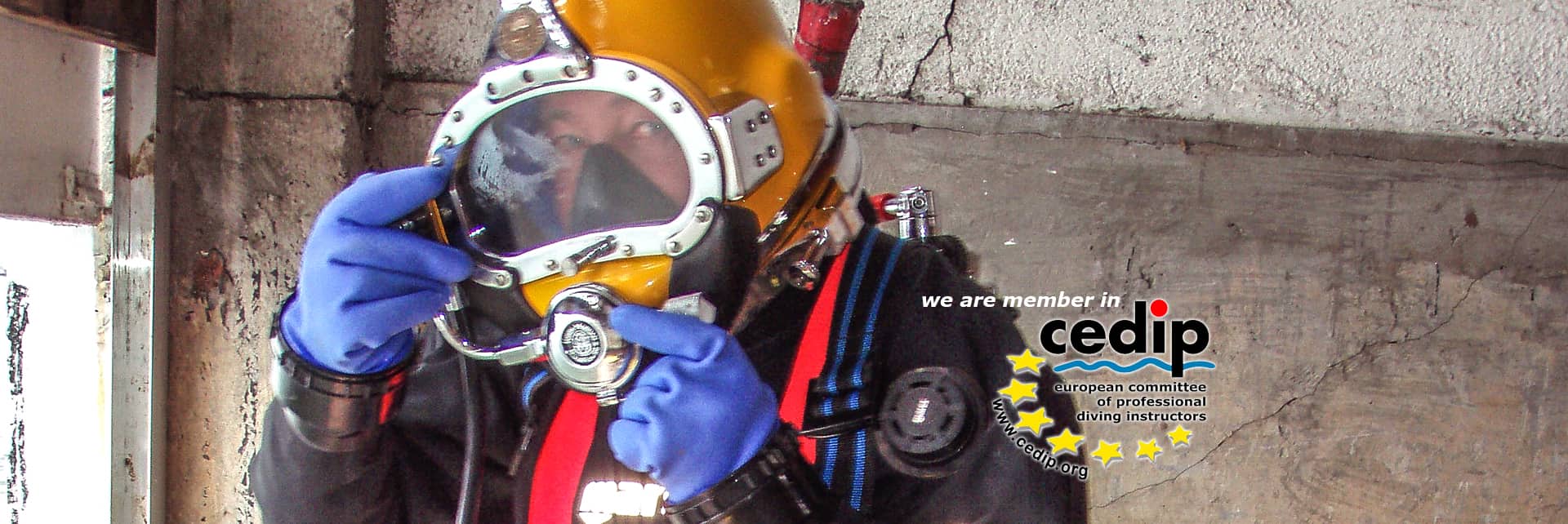The medical fitness examination for recreational divers
Aspiring scuba divers sometimes want to get a certification card issued as cheaply and quickly as possible. In some cases, medical advice and examinations are therefore perceived as annoying and unnecessary. Appropriate clarification is therefore essential.
The purpose of the examination is to check whether there are any health objections to diving and, if necessary, to explain these to the diving candidate in an understandable way. The suitability test therefore has a preventive character. The examining doctor should be trained in diving medicine in order to be able to assess the specific dangers of diving. He does not act on behalf of a third party (e.g. for a diving school), but as a “private assessor” for the client – the diving candidate himself.
To date, there is no legal regulation for the examination of scuba divers . Diving schools therefore play an important role – they are the key points that convey the usefulness of the examination to diving students and can protect themselves from possible claims for damages by presenting a medical certificate. Before the start of the training , diving instructors can and should therefore ask for certificates of suitability from their diving students .
Proof of fitness to dive from persons working in positive pressure
The suitability tests for professional divers and compressed air workers are regulated by law in Austria. In principle, they are to be carried out once a year by authorized doctors.
In Germany, occupational medical examinations are required in accordance with regulation “G31 – overpressure” for activities in compressed air (from 0.1 bar overpressure) and for activities under water in which the employee is supplied with breathing gas via a diving device (diving work).
Not only divers and compressed air workers, but also people who work in a pressure chamber (medical staff and doctors) have to prove their fitness for this activity every year. For offshore divers there is also an internationally recognized Oil & Gas UK (OGUK) examination for offshore workers.
